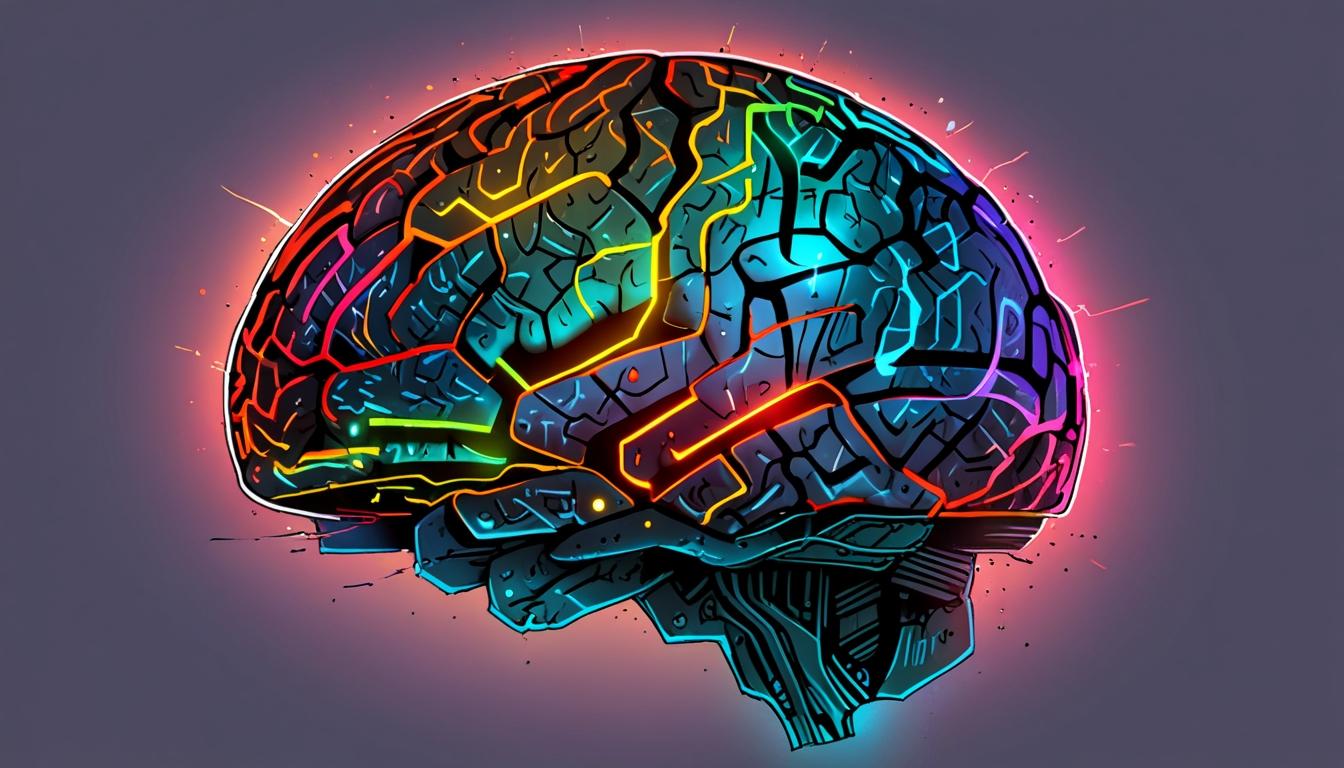The Guardian is reporting on the evolving significance of IQ in the context of the United States' pursuit of artificial intelligence (AI) supremacy, juxtaposing historical and contemporary attitudes towards intelligence measurement with current technological advancements.
Historically, IQ testing emerged during periods when industrialised countries, including the US and the UK, were concerned about the health and capabilities of their populations. Early 20th-century military recruitment for conflicts such as the Boer War and the First World War revealed populations that appeared less healthy than previous generations, leading to fears of societal degeneration. IQ tests were developed as tools to identify and cultivate a new elite, capable of leading mass society into a more prosperous future. During the industrial era, IQ was valued as a measure of educational outcomes, but its prominence surged during the rise of the information economy in the 1980s and 1990s. At this time, knowledge workers came to be seen as the vanguard of economic prosperity, coinciding with the popularity of IQ discourse, notably through controversial works like Charles Murray and Richard Herrnstein’s book, The Bell Curve.
The article highlights individuals like Curtis Yarvin, a software engineer and political theorist associated with the “Dark Enlightenment” or “neo-reaction” movement, who has been an ardent proponent of IQ as a determinant of human worth. Yarvin, a former participant in the Centre for Talented Youth programmes, has advocated for the use of IQ tests in political and social contexts, including controversial suggestions about voter disqualification in post-apartheid South Africa. His viewpoint reflects a broader subculture within Silicon Valley that prizes “general intelligence” as measured by IQ, particularly among those who manipulate symbols and write code.
The connection between tech entrepreneurs and conservative political figures in Washington DC has further amplified the prominence of IQ in political discourse. The “tech right” shares a view of intelligence as hardwired and resistant to improvement through educational intervention, aligning with the arguments made in The Bell Curve about embracing inequality in intelligence. This ideology runs counter to the foundational purpose of the US Department of Education, established in 1980 to promote early intervention and more equitable educational outcomes. The article notes the department is currently under threat, with figures such as Elon Musk and Linda McMahon promoting agendas to diminish its influence. Musk, like former President Donald Trump, frequently references IQ as a meaningful metric, and this perspective informs the push to reduce federal educational oversight.
However, the article points to an irony in the coalition’s simultaneous investment in AI development. Major initiatives like the $500 billion Stargate project and executive orders mandating AI integration into public education demonstrate a commitment to advancing technologies capable of automating many traditional white-collar knowledge jobs. Language models such as ChatGPT are claimed to outperform human graduates in coding, presentation creation, and even complex scientific tasks like protein structure identification. This AI-driven automation threatens to undermine the IQ-based meritocracy that previously defined upward mobility in sectors including finance, technology, and academia.
Elon Musk himself acknowledges this shift, stating, as reported by The Guardian, “we are all extremely dumb” compared to the “digital super intelligence” he is helping to build through ventures like xAI, which recently acquired the social media platform X. Venture capitalist Marc Andreessen's prediction that “software is eating the world” encapsulates the transformative impact of AI. If these predictions become reality, the article argues, they will fundamentally disrupt the value placed on IQ within the right-wing coalition that prizes it.
In sum, The Guardian’s analysis reveals a complex contradiction: the coalition that values IQ as a fixed and essential measure of intelligence is heavily investing in AI technologies that may render traditional conceptions of IQ less relevant or even obsolete. This dynamic reflects broader tensions between longstanding beliefs about human intelligence and the rapidly evolving capabilities of artificial intelligence within the US economic and political landscape.
Source: Noah Wire Services
